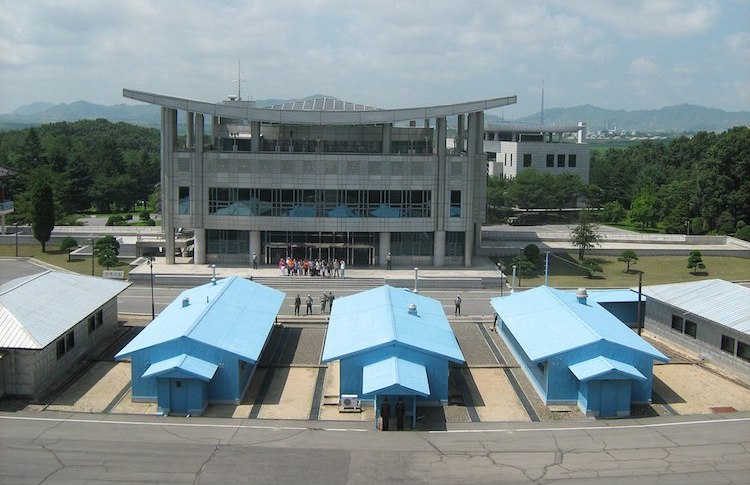By Yonhap News Agency
This report was carried by the South Korean news agency on March 6 (local time: 23.38) and is being reproduced to give a glimpse into how the current development on the Korean peninsula is viewed in the Republic of Korea. – The Editor
SEOUL (IDN-INPS) – South Korean political parties on March 6 demonstrated mixed reactions to the results of the high-stakes visit to North Korea by President Moon Jae-in’s special envoys, which included an agreement to hold a cross-border summit next month.
Shortly after returning from his two-day visit to Pyongyang, Chung Eui-yong, Moon’s chief security advisor and head of the South’s 10-member delegation, announced a set of agreements with North Korean leader Kim Jong-un.
They included holding what will be the third inter-Korean summit in late April and setting up a hotline between the leaders. The North has also shown its willingness to talk with the United States about its denuclearization and pledged not to use military force against the South.
The ruling Democratic Party hailed the agreements as “dramatic ones that exceeded people’s expectations.”
“The delegation to the North made historic achievements and opened the door for peace on the Korean Peninsula,” Back Hye-ryun, the party’s spokeswoman, said in her commentary.
“Based on the mood for a thaw that emerged in time for the PyeongChang Winter Olympics, we have taken the first step towards actual improvement in inter-Korean relations,” she added.
Back then called for bipartisan cooperation in maintaining the mood for rapprochement.
“Rather than engaging in any more ideological disputes or partisan squabbles, we request political circles work together in the efforts to facilitate peace on the peninsula,” she said.
The main opposition Liberty Korea Party, however, belittled the agreements as conditions-based and speculated that they would be part of Pyongyang’s “deceptive” peace offensive aimed at weakening global unity in enforcing international sanctions.
“The Liberty Korea Party will watch to see if the North will seek to use (the agreements) to stall for time and weaken international cooperation as well as South Korea-U.S. cooperation (for its denuclearization),” Chang Je-won, the party’s spokesman, said.
“In any case, the premise (of any agreement) must be the dismantlement of the North’s nuclear program and a solid South Korea-U.S. alliance,” he added.
The conservative party has long questioned the veracity of any deals made by the North and voiced concerns that the reclusive state is likely to break out of any denuclearization deal and revert to its provocative stance.
The minor opposition Bareunmirae Party cautioned against having too much expectation regarding the North’s mention of its commitment to the denuclearization of the peninsula, but stressed that cross-border dialogue should continue.
“We should not predict that peace will come all at once,” a party official said, declining to be named. “But on the occasion of the delegation’s visit, we have to leave the door for dialogue open.” [sshluck@yna.co.kr] [IDN-InDepthNews – 06 March 2018]
Photo: The Conference Row in the Joint Security Area of the Korean Demilitarized Zone, looking into South Korea from North Korea. It shows guards on both sides and a group of tourists in the South. Created: 26 July 2012. Credit: Wikimedia Commons.
IDN is flagship agency of the International Press Syndicate.
facebook.com/IDN.GoingDeeper – twitter.com/InDepthNews

